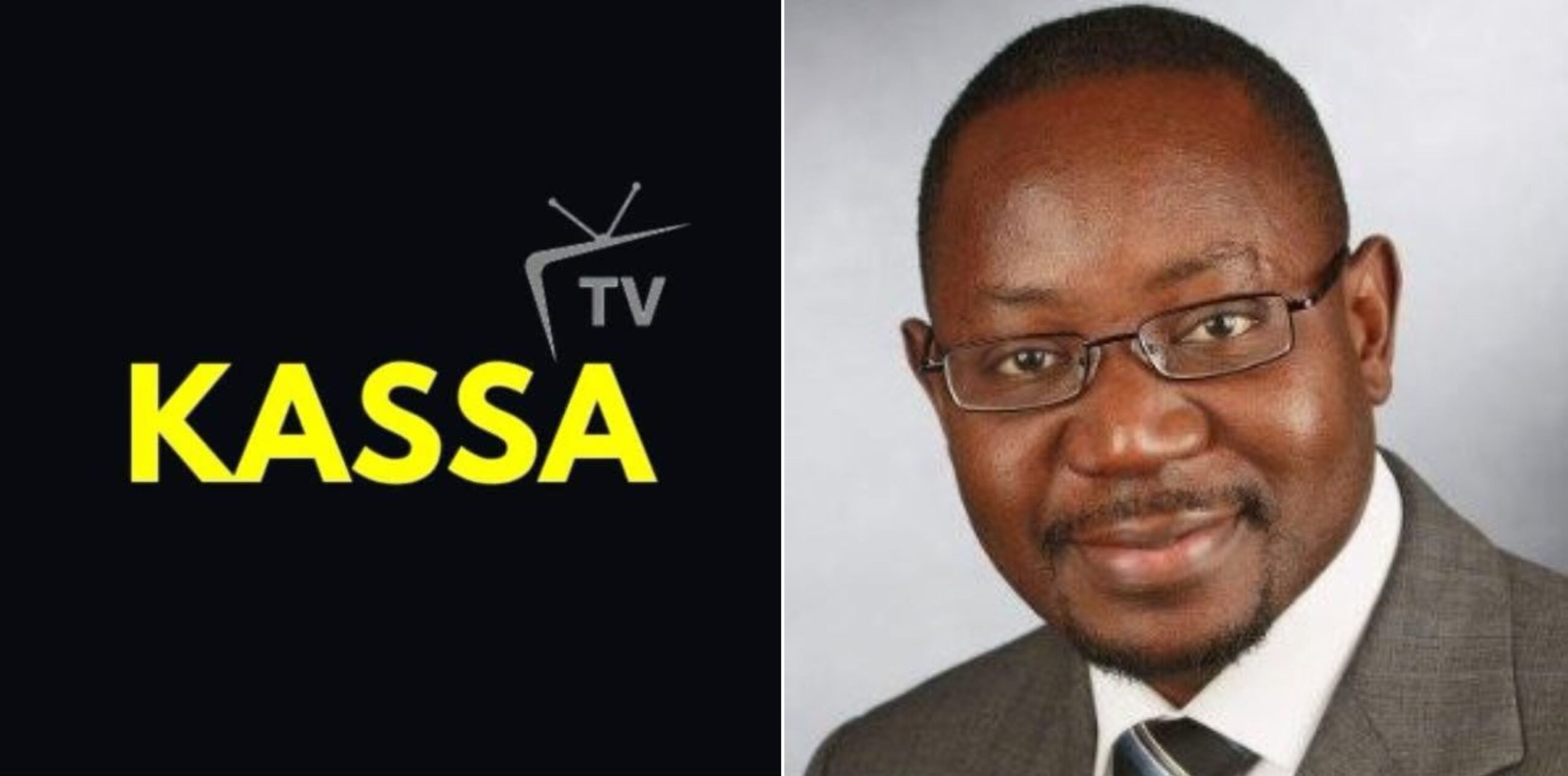By: The Fatu Network Editorial
Kassa TV issued a sharp rebuttal to accusations made earlier in the day by Mai Ahmad Fatty, leader of the Gambia Moral Congress (GMC), who alleged during a press conference that the online media platform had hacked his Facebook account and deliberately spread misinformation to damage his political image.
Fatty, during the press conference, firmly denied allegations that he used ChatGPT to draft political statements, describing the claim as a calculated attempt to “portray [him] as intellectually incapable.”
“Everybody in this country knows who I am—my ability to write and speak. I don’t have to defend myself,” Fatty said. “But it is a shame for Kassa TV to do this… to hack into my phone at a time when the nation is a witness to such a lie.”
He further claimed that a Facebook post cited by Kassa TV as evidence was published while he was speaking live to the press: “God being so good, the post they made appeared at a time when I was using the phone live—in front of you, the journalists.”
Fatty characterized the situation as a politically motivated smear campaign: “Kassa TV and its allies hacked into my phone to create a false political impression. They are shameless… But I can tell them that they have failed.”
Shortly after Fatty’s press conference, Kassa TV released a response titled “You Got Caught. Don’t Blame Us,” firmly rejecting the hacking allegations and doubling down on its claim that Fatty used AI-generated content in his public address.
“Let’s not waste time sugarcoating the truth,” the statement begins. “Mai Fatty used ChatGPT to write his press conference speech, and he forgot to edit out the AI-generated text before going live.”
According to the media outlet, Fatty later posted the same unedited speech to his Facebook page—before realizing the oversight. “We screenshot [it] as evidence,” Kassa TV claimed. “Now that the public has seen through the performance, he’s trying to spin the story by blaming Kassa TV for ‘spreading misinformation.’ That’s not only false—it’s embarrassing.”
Rejecting any suggestion of misconduct, Kassa TV insisted their reporting was factual and evidence-based.
“We didn’t fabricate anything. We reported the facts, backed by clear evidence: a political leader caught using AI to fake a public address,” the response read. “That’s not leadership. That’s laziness and deception.”
The statement also criticized Fatty’s approach, suggesting that instead of accepting responsibility, he chose to attack the media: “Instead of apologizing to the Gambian people, he’s attacking the media for doing its job. We won’t be intimidated. The truth doesn’t need defending—it just needs exposure.”
Whether these explosive claims and counterclaims will lead to legal consequences or simply deepen the political divide remains to be seen – but the spotlight is now firmly fixed on the intersection of AI, politics, and press freedom in The Gambia.




